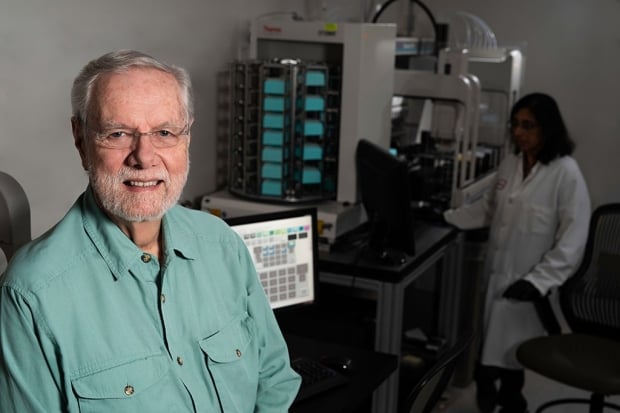anonymous-resident
New Member
- Joined
- Dec 7, 2022
- Messages
- 1
- Reaction score
- 3
Hi everyone -
I'm an intern, and I'm going to be quitting residency as soon as possible. (It's for personal reasons that unfortunately aren't going to change, I've thought it through, I know I can't come back to medicine, I know it might burn bridges, and I'm lucky to have a very safe and stable back-up option to earn a living - just trying to get ahead of the comments telling me to tough it out and finish the year, that's unfortunately not an option.)
Are there any legal issues I need to be aware of with this process? Is there a minimum amount of notice I'm supposed to give? I can't seem to find anything about it in our residency contract. Other than telling my program director/etc that I'm resigning, is there any sort of official process for this? I've reached out to HR and GME at my institution, and haven't heard back yet, so would love any info or advice y'all could offer.
🙏
I'm an intern, and I'm going to be quitting residency as soon as possible. (It's for personal reasons that unfortunately aren't going to change, I've thought it through, I know I can't come back to medicine, I know it might burn bridges, and I'm lucky to have a very safe and stable back-up option to earn a living - just trying to get ahead of the comments telling me to tough it out and finish the year, that's unfortunately not an option.)
Are there any legal issues I need to be aware of with this process? Is there a minimum amount of notice I'm supposed to give? I can't seem to find anything about it in our residency contract. Other than telling my program director/etc that I'm resigning, is there any sort of official process for this? I've reached out to HR and GME at my institution, and haven't heard back yet, so would love any info or advice y'all could offer.
🙏




